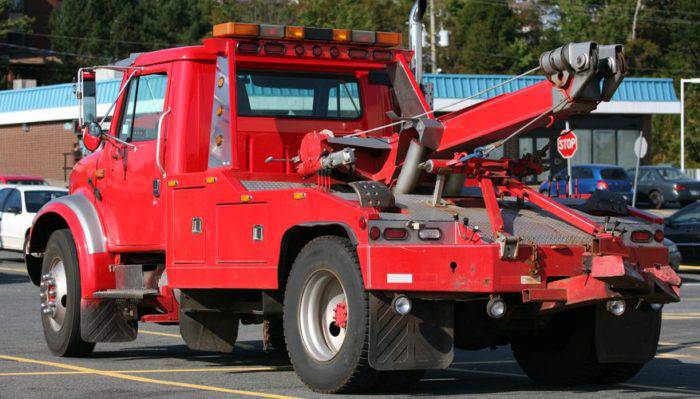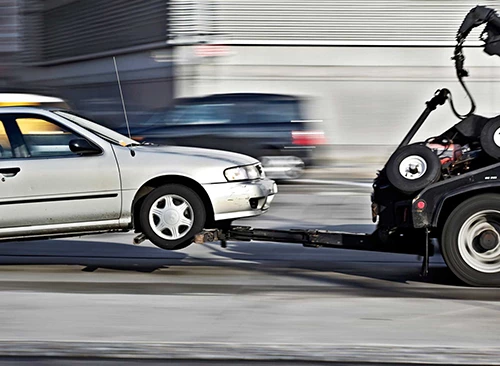What Is The Difference Between Light, Medium, And Heavy Tow Services?
- Nov 03, 2022
- No Comments

Every day, tow companies are hauling several vehicles of all types and sizes. Do you know the difference between light, medium, and heavy towing?
A pro towing company can handle everything, from a wrecked scooter to a large recreational vehicle or machinery equipment. Whatever, when it breaks down amid your journey, please call us for efficient tow services.
However, there are varieties in the vehicles, so the towing techniques are too. We have broken it into three prime categories: light, medium, and heavy.
In the following post, we’ll take a quick look at classifications and also explain the difference between each type.
The Difference Between Light, Medium, and Heavy Tow Services!
What Are Truck Classifications?
Truck classifications depend on the gross vehicle rating of the vehicle. In general, there are three different classes. These are
-
Light-duty vehicles that show gross vehicle ratings between 0-16,000 pounds, we call it class A!
-
Medium-duty automobiles with a GVWR between 16,001 and 26,000 pounds. Experts call them Class B.
-
Heavy-duty vehicles with a gross vehicle rating between 26,001 and 33,000 pounds and can be more than that. These belong to Class C.

Light Duty Towing Classifications
When considering light-duty towing, it’s common to discover regular and standard towing operations. Examples of light-duty towing are removing abandoned vehicles and accident recovery.
Are you trying to imagine what vehicles would get considered for light-duty tow services? The automobiles are a Honda Civic, Nissan Frontier, or Ford F Series truck.
Medium-Duty Towing Classifications
Medium-duty towing gets needed for the vehicles such as box trucks, RVs, vans, and even motorhomes. If you get stuck on the highway with any of these vehicles, you would need to consider medium-duty tow services immediately.
We have tow trucks that get used to handling medium-duty services and are coming up with landolls, boom lifts, and low-profile trailer options or flatbeds.
Heavy-Duty Towing Classifications
Heavy-duty vehicles are garbage trucks, dump trucks, semi-trailers, tractor-trailers, and other heavy-duty vehicles, like machinery. All these vehicles require a particular type of tow service.
For instance, heavy-duty trucks can get towed when we fit them with 25-ton boom lifts, winches, 6-ton wheel lifts, and even rotators.
Plus, heavy-duty vehicles are needed to recover cars after accidents.
Different Heavy-Duty Vehicles
Large Trucks– Examples of large trucks are big rigs, bobtails, and garbage trucks that always require heavy-duty tow service. As they are weighty and large, you need giant trucks to tow them. These trucks come with higher wheel lifts and advanced towing technology.
Busses– Busses come with a unique towing challenge because of their massive size, weight, and length. Our fleet of heavy-duty tow trucks that get developed to remove any potential ground skirting. It is crucial when towing large-sized buses for long distances.
Motorhomes and RVs– Motorhomes and RVs offer other unique challenges because of their size and weight. Not only that, but you also have to provide extra attention when towing motorhomes. They’re not as sturdy as a truck.
Our heavy-duty tow trucks with modern wheel lift technology can uplift large motorhomes safely and effectively. Want to explore the images? Check out our Pinterest account!
Sem-Tractor Trailers– You will discover a variety of tractor-trailers, like full and semi-tractors. These industrial vehicles are an integral part of the logistics network of any country.
Wrapping Up!
Need heavy-duty tow services urgently? Only rely upon a professional company like us. We have a team of professionals and heavy-duty towing vehicles to serve the entire area of Calgary. It doesn’t matter whether your car breaks down, you will surely find a solution with us.
Get in touch with us via our Facebook and Instagram accounts, and go through other blog posts to explore more about us!